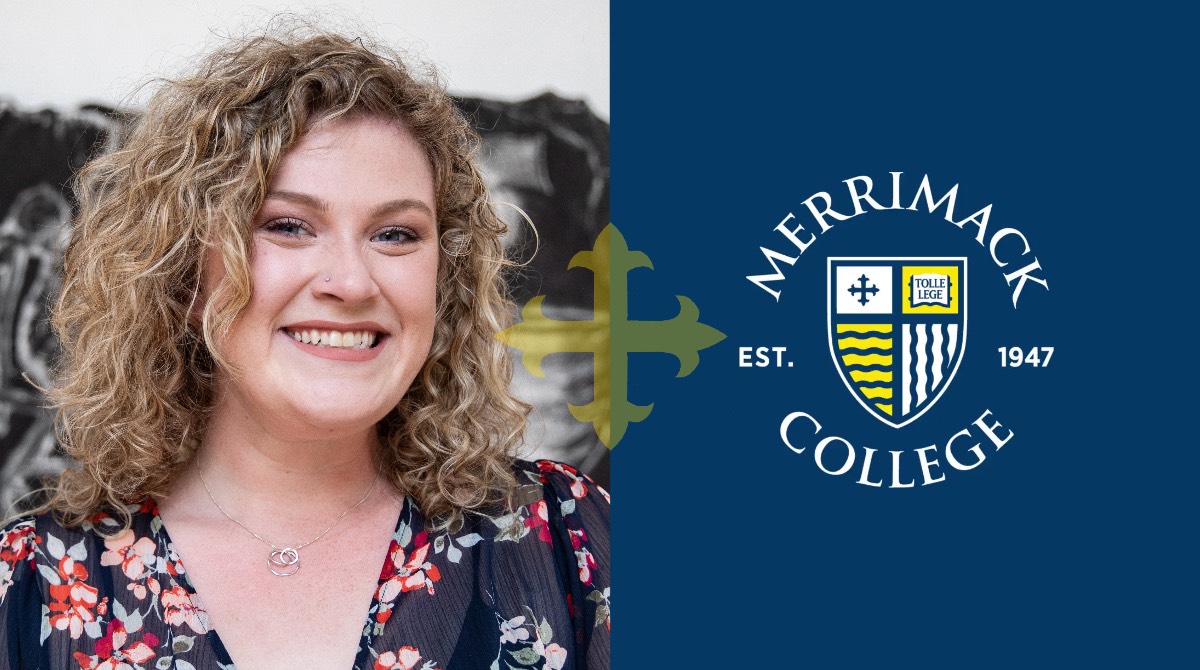At every level, from grade school through high school, a school counselor’s job is to advocate for students.
“Gone are the days of school counselors simply handing out college applications, making schedule changes and meeting with the troublemakers in the school,” notes the American School Counselor Association (ASCA). “Today’s school counselors are vital members of the education team.”
Indeed, today’s school counselors are regarded as educators in their own right, with specialized training in learning strategies, emotional development and social skills. The ASCA adds, “School counselors collaborate with teachers and parents to identify children’s academic and social/emotional needs, which is essential to removing barriers to learning and helping students achieve success.”
That description of a school counselor’s job fits practitioners at every level. From elementary school to high school, and standard classrooms to special education programs, the main job of a school counselor is to help young people build stable foundations for future growth.
In addition to supporting students’ academic development, most school counselors also typically help students address extracurricular factors that influence education, including:
“School counselors help students discover their passions, develop their strengths and cope with their vulnerabilities,” says counseling professor James Howland, who teachers in Merrimack College’s school counseling master’s degree program. “They can be sources of wisdom, support and inspiration. One of the most rewarding aspects of a school counseling career is the opportunity to help students achieve greater self-knowledge and self-acceptance.”
Most school counselors play all of these roles to some degree. However, there’s considerable variation between different school counseling career niches. Understanding where you can make the greatest impact is one of the keys to success as a school counselor.
School counselors can work in a number of occupational areas, says Merrimack education professor Christine Shaw. “You can find counseling job opportunities in medical or community settings as well as school-based environments,” she says. Within the schools, you can find jobs as a social worker/adjustment counselor or a school counselor, depending on your areas of expertise and the focus of the district.
Massachusetts offers two distinct school counseling licenses, for grades Pre-K through 8 or grades 5 through 12. “We encourage students to focus first on the 5-12 level and then add on the Pre-K-8 license,” Shaw explains. “This is supported through our holistic approach to coursework and field work, providing a developmental model of counseling and support.”
School counselors have the opportunity to work with youth of all ages in many settings, ranging from all-school events to focused classes on social or emotional development and one-to-one brief counseling. The social worker/adjustment counseling license involves additional fieldwork hours and coursework in counseling for trauma and juvenile justice and social work applications in schools.
“School social workers/adjustment counselors often work with students and families on specific social, emotional or behavioral goals,” Shaw says. “Often they will work in collaboration with the specialized education department in a school or district.”
School counselors are commonly called upon to provide various kinds of support, including:
School counseling careers at all levels involve the same essential skills, including sensitive listening, cultural competence, interdisciplinary collaboration and a strong grasp of pedagogy. The job of a school counselor is always to advocate for students’ well-being, both emotionally and academically.
“School counselors help students discover their passions, develop their strengths and cope with their vulnerabilities.”
― James Howland, Assistant Professor of Practice, School Counseling
To talk to someone about our school counseling master’s degree program, contact the Merrimack College Office of Graduate Admission.
"*" indicates required fields
Alumnae Lauren Pardue ‘22 returns to the Visual and Performing Arts Department.
